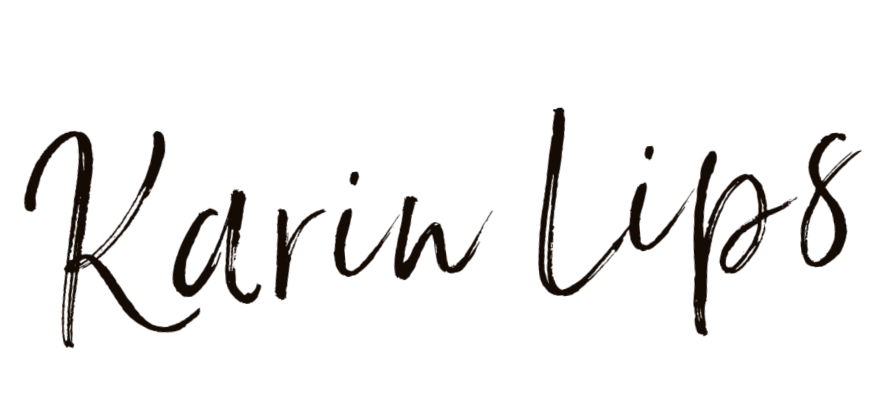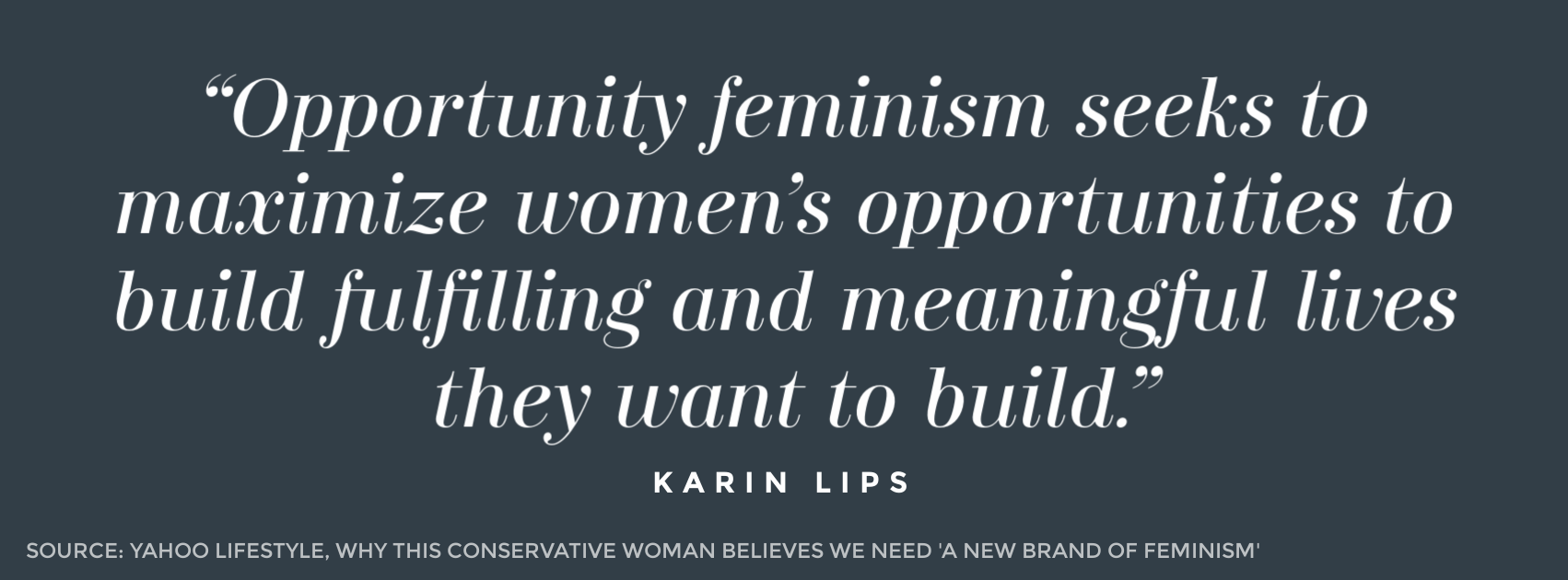Conservatives self-censor, and it gets worse with more time spent in college
This article originally appeared in the Orange County Register.
A new public opinion survey conducted by the Cato Institute examines the relationship between political views and self-censorship. The poll of 2,000 Americans ages 18 and older found that most Americans who identify as conservative self-censor, and this self-censoring gets worse with more time spent in higher education.
According to the survey, 62% of Americans “say the political climate these days prevents them from saying things they believe because others might find them offensive,” up from 58% in 2017. While 77% of Republicans said they self-censor, only 52% of Democrats said they do.
Even more telling is that staunch liberals were the only political segment of whom a majority, 58%, felt they could share their political views freely. A majority of the other political groups self-censor—52% of liberals, 64% of moderates, and 77% of conservatives and strong conservatives.
This new poll corroborates what most conservatives and Republicans already know—their views and opinions aren’t welcome in certain parts of society where woke liberalism has replaced the tradition of a free exchange of ideas.
Colleges are likely making this problem worse.
The higher an American rises in academia, the more likely she will self-censor her views if she is a conservative.
Among employed Americans, 32% worry that their careers would be harmed if their political views become known. That number jumped to 44% for Americans with post-graduate degrees. Interestingly, a large shift occurs among Republicans who attend college and graduate school. While about a quarter of both Republicans (27%) and Democrats (23%) with high school degrees worry their opinions will harm them at work, 40% of Republican college graduates and 60% of post-graduates worry. Only 25% of Democrats with graduate degrees expressed this concern. Republicans who have spent the most time in higher education self-censor the most.
This is no surprise for those who have followed what is happening on college campuses. For years, conservatives have pointed out the imbalance in political views of faculty and administrators and argued that this leads to bias against conservatives. A 2018 survey of about 900 “student-facing” administrators found that
Many students self-censor because they are concerned about their grades, while others worry that their views will impact their social life. When the campus environment sends the message that conservative views aren’t welcome, this creates a strong incentive for conservatives to keep quiet.
In the book, She’s Conservative: Trials and Triumphs on America’s College Campuses, I collected stories from conservative college women. Many of the women self-censored for fear of how their views would be received on campus. One student tells the story of making the decision to keep her views quiet before she even stepped foot on campus.
COVID-19 has caused us all to rethink the role of major institutions and that should include higher education. While colleges help prepare some students for careers, they also undermine civil discourse when they teach students to shout down the other side rather than engage.
Those on the left who try to shut down conservative views are having an impact. They are silencing conservatives. This means fewer conversations between liberals and conservatives are happening, so there is less understanding of the other side.
Colleges and universities are facing financial challenges and must adjust to new pressures brought on by the pandemic. They should use this time as an opportunity to course correct when it comes to fostering an environment that values intellectual diversity and the free exchange of ideas.



